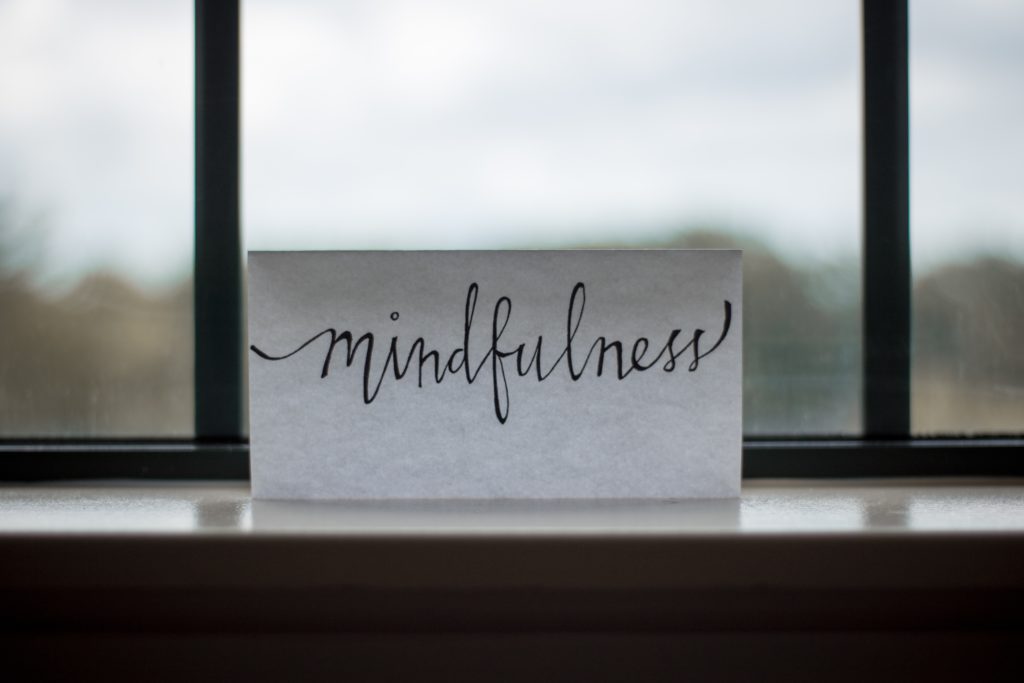Spirituality might mean different things to different people, but research says that engaging in faith practices, regardless of whatever spiritual belief those practices belong to, has the potential to promote good mental health.
The current state of affairs
In the 2016 census, 29.6 per cent of the Australian population reported having no religious affiliation. At first, this appears to be indicative of an increasingly atheistic society. In reality, some Australians are merely gravitating away from traditional faith-based practices and engaging with alternative kinds of spirituality.
According to Associate Professor Andrew Singleton from Deakin University’s School of Humanities and Social Sciences, faith and spirituality are more complicated than we may initially think. He says that while approximately one in five Australians are considered to be religious, the rest exist on a spectrum of being spiritual, to agnostic, to atheist.

“Almost half of the Australian population say they identify with a religious group, but they never go to service or worship,” he says. “The same amount of the Australian population report they don’t believe in God. That doesn’t necessarily make them atheistic; the research shows that a broader proportion of people have spiritual attitudes, practices and beliefs.”
Some people may not be official followers of a particular faith practice but will hold beliefs about particular elements of the tradition. For instance, approximately 25 per cent of the Australian population believe in reincarnation, when considerably less than that identify as a practicing Buddhist. The same amount of people believe in the influence of astrology and the ability to make contact with the dead.
“It indicates a broader awareness of some spiritual possibility,” Associate Professor Singleton says. “That hard-core proportion of people who are atheist is really quite low.”
Positive practices
Faith and spirituality will impact different people’s lives in different ways, depending on the individual. Research from the United States suggests that, for many people, engaging in spirituality can lead to positive mental health outcomes.
Associate Professor Singleton agrees, saying that religious traditions provide clear pathways into practices that are good for mental health. Faith traditions like Christianity, Islam and Hinduism can act as a moral guiding compass, or an existential framework to comfort believers. Even the social aspects of worship – the sense of community, volunteer opportunities, and interacting with like-minded people on a regular basis – have all been shown to help provide positive mental health outcomes.

But it isn’t just the basic mechanics of a religious tradition that can lead to good mental health. The defining aspects of a religious tradition – its core beliefs – can also be a contributing factor.
For practitioners of the Spiritualism tradition, mediumship and contacting the dead is a central expression of faith. Associate Professor Singleton, who has undertaken significant research into this faith tradition, says that this element of the faith is an enormous source of comfort and strength for followers.
“People are often attracted to that religion because they’ve lost someone and they draw meaning and comfort from feeling like they’ve contacted that person,” he explains.
On the other hand, those who don’t subscribe to the teachings of any particular faith tradition may also take comfort in their own clearly-formed beliefs. A committed humanist or atheist might take comfort from the fact that they have no religious belief. They may feel relieved at the idea of there being no life after death, of not having to worry about being judged or what has happened to their lost loved ones.
These beliefs, while atypical, are clearly defined. According to Associate Professor Singleton, it’s this lack of uncertainty that has the ability to bring comfort.
Secular spirituality

One spiritual practice, in particular, has been widely enjoyed separate to the faiths to which it is connected. Mindfulness, an approach to the mind and body that comes from traditions such as Buddhism and Hinduism, has become further involved in allied health medicine as a treatment for stress, anxiety, depression, and chronic pain.
Mindfulness is typically expressed in the practice of yoga where, instead of focusing on the challenge or pain of a particular pose, one is required to focus on the breath and one’s state of mind. It’s about being aware of the present moment and acknowledging one’s current emotional and mental state.
Associate Professor Singleton says there is research to show that practicing mindfulness can help people develop resilience and strategies for dealing with chronic pain and anxiety.
Regardless of whether you belong to a particular faith tradition or not, Associate Professor Singleton believes we should think about the lessons to be learnt from religious and spiritual traditions.
“We should consider the importance of communities that support one another, and ways of being that step outside of being individuals committed to very materialistic paths,” he says. “Humans are social animals. I think any practice that fosters that is good for our health.
“You don’t have to be religious to take the best of religious ideas and put them into practice.”
Melina Bunting
Staff writer



